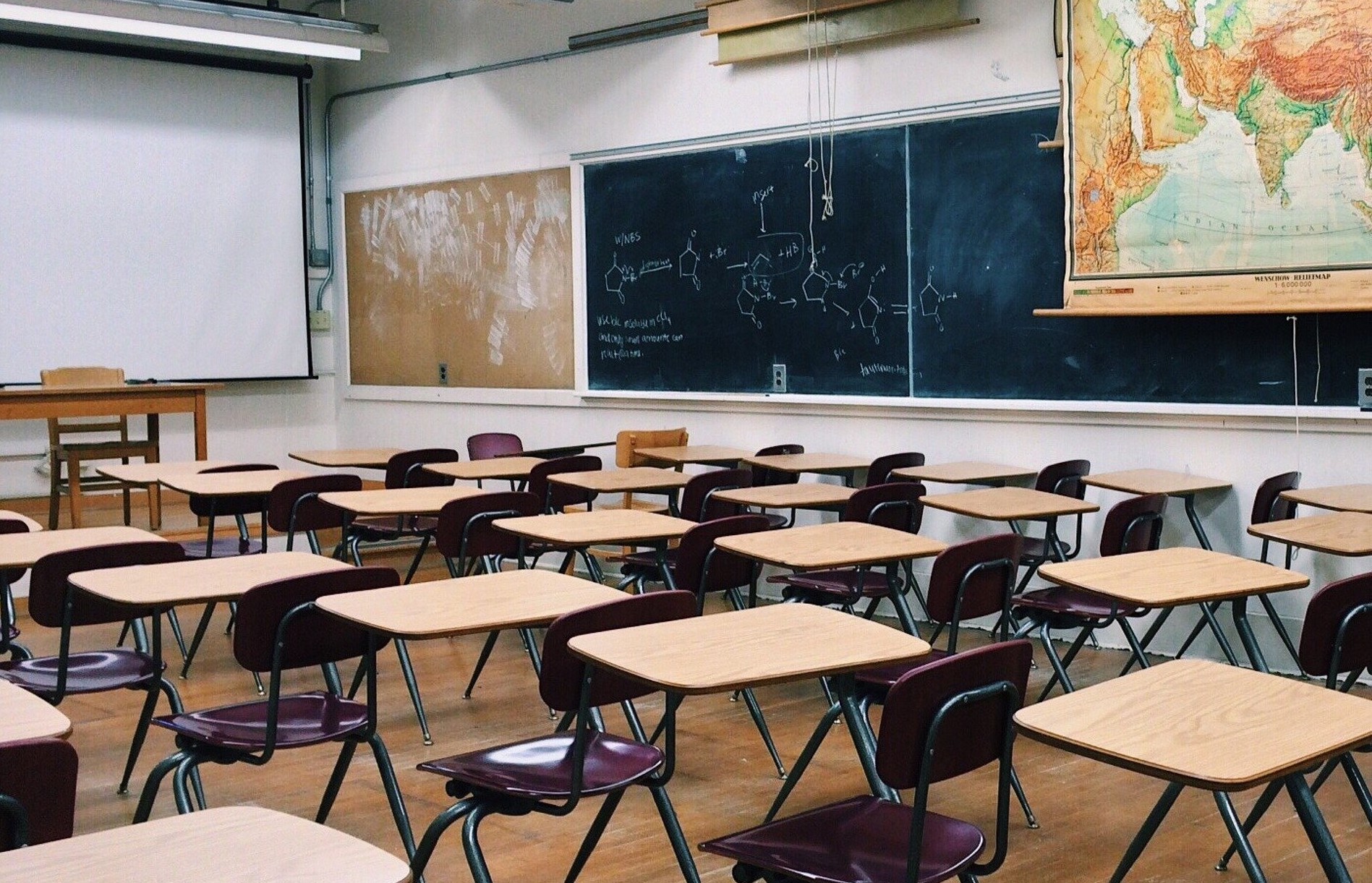One area of the lockdown debate where I’ve seen almost no disagreement from lockdown proponents is the negative effects of school closures. After all, it’s hard to blame these on the pandemic itself: absent the deliberate decision to close schools, students would be legally obliged to attend school.
And given that remote learning is almost certainly inferior to in-person learning, especially for younger children, the only question is: “How large are the negative effects on student outcomes?”
As I noted in a previous post, the Education Endowment Foundation collated studies on the impact of school closures on students’ learning, and observed “a consistent pattern”. Specifically, students have made “less academic progress” than in previous years, and the attainment gap between more and less advantaged students has grown.
A new academic review reaches similar conclusions. Svenja Hammerstein and colleagues searched the literature for studies looking at the impact of school closures on student achievement. They were able to identify 11 relevant studies. Of these, eight showed negative effects, and three – surprisingly – showed positive effects.
The effect for younger children was consistently negative. And children from disadvantaged backgrounds were more negatively affected than children from advantaged backgrounds. This makes sense, given that those from disadvantaged backgrounds rarely have access to private tutors, and may face more distractions at home.
Regarding the studies that showed positive effects, the authors note that these assessed student achievement via some kind of online learning software. Hence, they suggest, the positive effects may be attributable to increased use of software during the time for which schools were closed.
Nonetheless, the authors conclude that “there is clear evidence for a negative effect of COVID-19-related school closures on student achievement”.
Of course, schools haven’t just been closed in advanced countries like the U.K., but also in lower and middle-income countries like Brazil. According to the Oxford Blavatnik School’s Government Response Tracker, the average number of days of mandatory school closures (in at least part of the country) is 315. And 63 countries have had more than 400 days of school closures.
Because children with lower school achievement tend to earn less in adulthood, one can put a rough dollar figure on the learning losses (by calculating the net present value of children’s lost future earnings). In a recent paper, researchers from the World Bank attempted to do this.
They estimate that a global school shutdown of five months “could generate learning losses that have a present value of $10 trillion”. Given the size of this figure, it’s almost impossible to believe that school closures would pass a cost-benefit test.













To join in with the discussion please make a donation to The Daily Sceptic.
Profanity and abuse will be removed and may lead to a permanent ban.
“Researchers Find “A Considerably Negative Effect of School Closures on Student Achievement”
if they hadn’t found an effect we could have closed the schools permanently
Indeed. It could be regarded as something of a relief – it was starting to look as though modern state controlled schooling actually has overall negative effects as far as education is concerned…
That’s not it’s purpose…
Surely it’s to make it much more likely that both parents work and thus boost rents.
The major decline has actually been since it was largely handed over to private scam enterprises in the form of ‘academy chains’ – all sharp suits and pointy shoes for used car salesmen posing as ‘managers’ and ‘executives’.
Whether or no, it is vital that alternatives to indoctrination by state schools remain.
Major decline was from “comprehensive” education via a metastatic DoE
Well, d’uh!
I didn’t know there was a degree in stating the bleeding obvious.
And yet the A level results and GCSE results were the best ever?
Don’t send the kiddies to school at all, and they’ll grow up geniuses, yeah.
Not only are the government trying to cover up the harms they’ve caused over the course of this so-called pandemic, they’re also trying to confuse the hell out of people by telling them black is white, getting people to doubt their own judgment – a well known method of coercive control.
blimey, that required research
Amazing isn’t it? I wonder how much this cost us?
A nation can survive its fools, and even the ambitious. But it cannot survive Jacinda Ardern
Sounds a bit like those bears are shitting in the woods again.
‘Researchers’ telling us what we’ve known for 18 months. This needs to end now. Don’t comply. Ditch the masks. Protect the children. Updated website with useful information, resources and links: https://www.LCAHub.org/
Off topic, but this is the latest episode of The People’s Project. One of the new and growing alternative news sources.
https://www.youtube.com/watch?v=p_11DW3zZRY
I was in a park today with my young grandchildren, family of five sitting on a bench, both parents masked up the youngest child, about 8yrs old covered her mouth and nose with both hands as we approached and walked past. Eldest grandchild 5 noticed (it did look very odd) asked “nana why is she doing that?” reply “because sadly she has very rude parents who aren’t teaching her how to behave”, grandchild ” well I think she looks very silly” he’ll go far.
Did the maskers hear and react to that?!
They were glaring at me when I glanced back 😂
So covering her mouth and nose with hands that probably weren’t spotless, (what child’s hands are? Mine never were!), is a good way of preventing a virion or anything unhealthy entering her body. What wise parents she has! I would have said ‘Because her parents are hysterical morons dear!’
So come September, I have a couple of days off and I’m taking my son away for a break. After the shameful performance of all involved with teaching over the past 18 months they can royally do one if they think I’m paying a fine. They have completely surrendered any moral authority or high ground on this one.